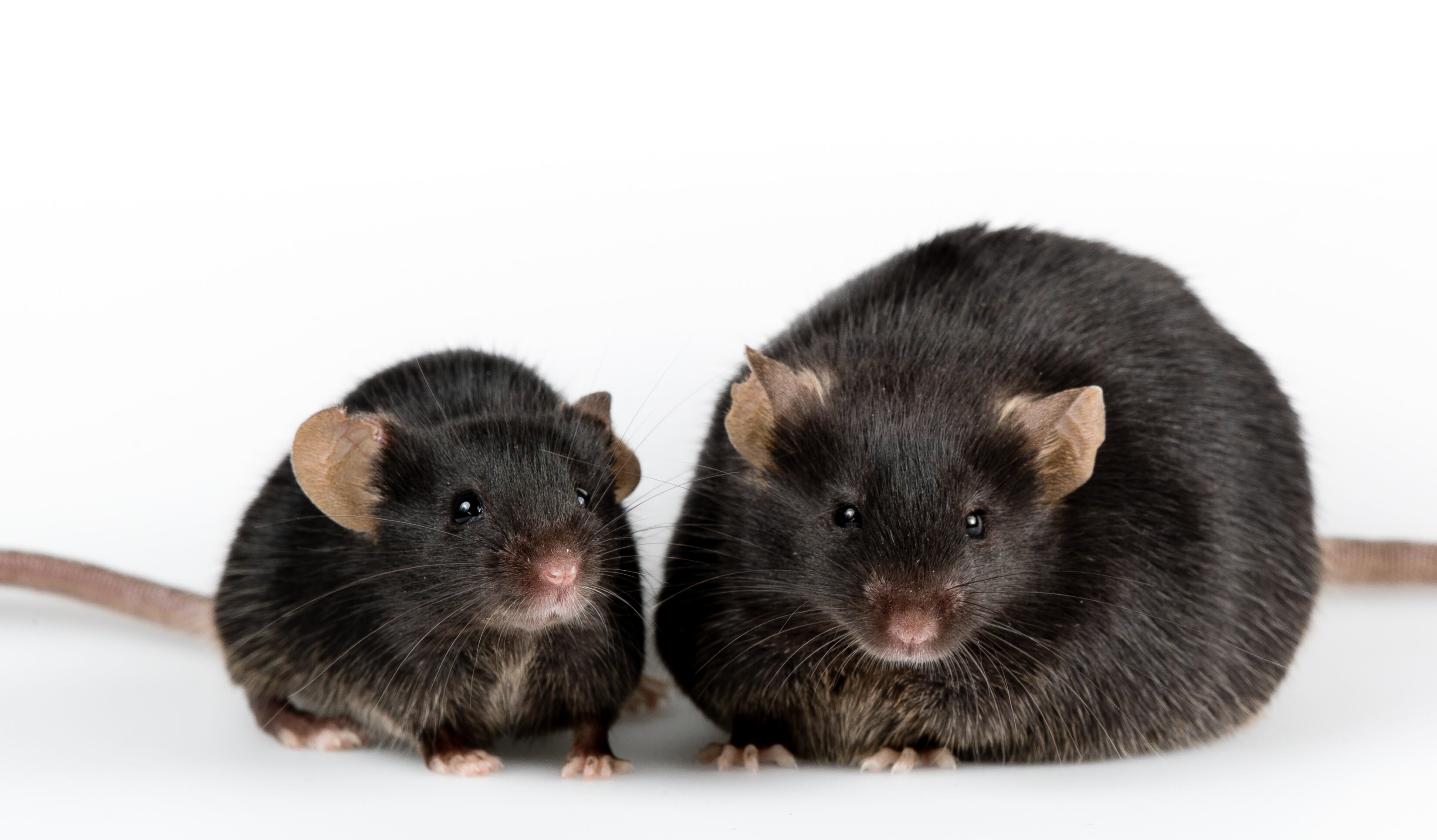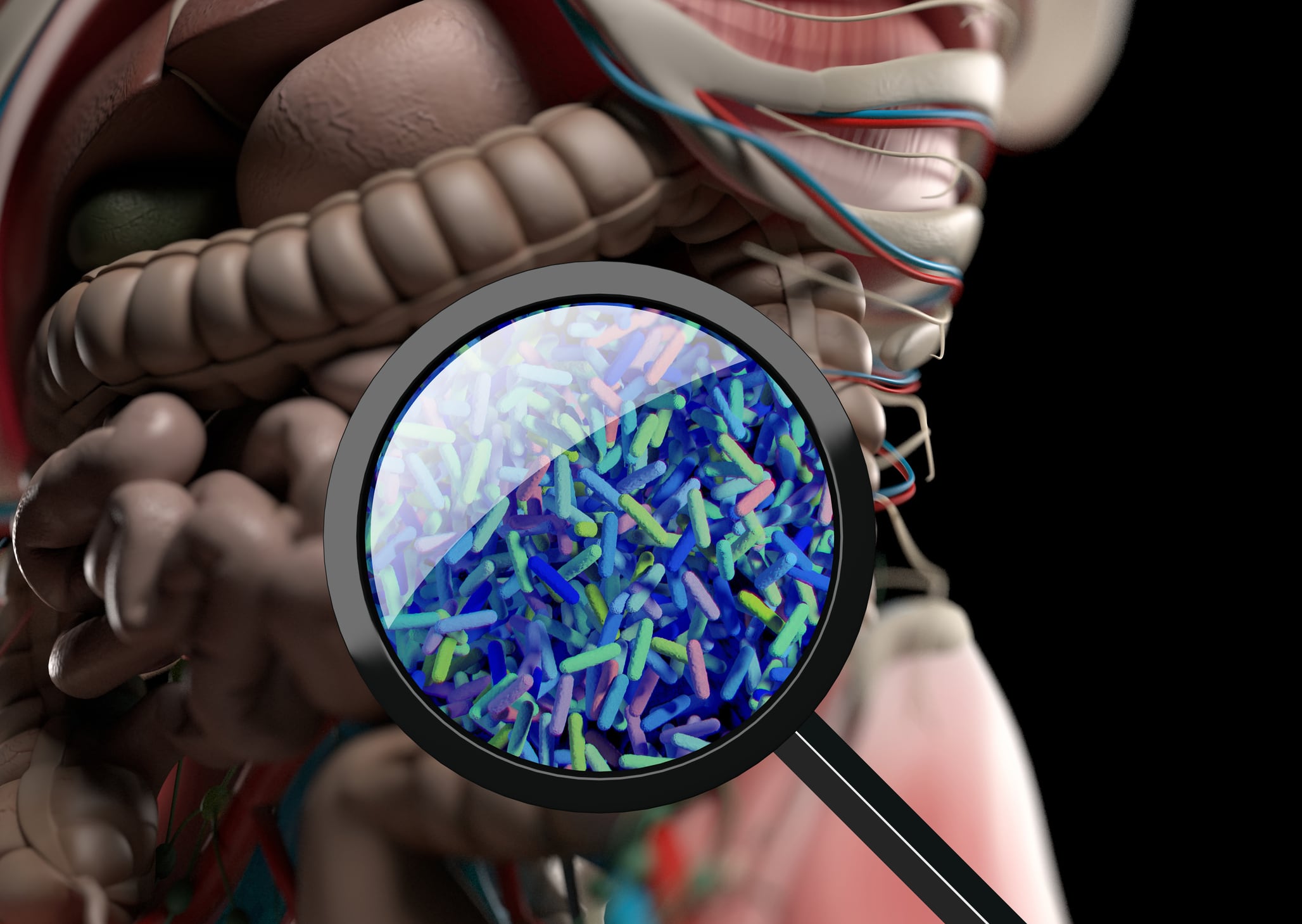Lacticaseibacillus paracasei N1115 (formerly known as Lactobacillus paracasei) was also associated with improvements in levels of select blood lipids, including triglyceride, total cholesterol, and LDL cholesterol.
“Body weight gain and white fat mass were reduced in HFD [high fat diet]-induced obese mice treated with LC-N1115,” wrote the scientists in Food Science & Nutrition. “These findings suggest that LC-N1115 supplementation may provide a natural alternative to attenuate obesity.”
Gut microbiota and obesity
The link between the gut microbiota and obesity was first reported in 2006 by Jeffrey Gordon and his group at Washington University in St. Louis, who found that microbial populations in the gut are different between obese and lean people, and that when the obese people lost weight their microflora reverted back to that observed in a lean person. This suggested that obesity has a microbial component (Nature, Vol. 444, pp. 1022-1023, 1027-1031).
A 2013 paper in Science (Vol. 341, Issue 6150), also led by Prof Gordon, found that transplanting gut bacteria from obese humans into germ-free mice leads to greater weight gain and fat accumulation than mice that were given bacteria from the guts of lean humans.
The findings showed that weight and fat gain is influenced by communities of microbes in the gut and their effect on the physical and metabolic traits of the host, leading to metabolic changes in the rodents that are associated with obesity in humans.
This has led many research groups to explore if probiotics may help manage weight. A probiotic is defined as a “live microorganisms which when administered in adequate amounts confer a health benefit on the host” – FAO/WHO.
For our recent summary of the state of the science and market around probiotics for weight management, please click HERE.
Study details
The Beijing-based scientists fed male C57BL/6J mice a high-fat diet for 12 weeks to induce obesity, and randomly assigned them to receive placebo or one of three doses of LC-N1115 for 12 weeks. The LC-N115 doses were: 50 billion CFUs per day (high dose); 0.5 billion CFUs (medium dose); and 5 million CFUs per day (low dose).
Supplementation with LC-N1115, which was isolated from a traditional fermented dairy product of Inner Mongolia, was found to reduce body weight gain at all doses. Specifically, body weight in the high dose group was 9.6% lower, in the medium dose group was 12.2% lower, and in the low dose group was 10.1% lower.
“These results suggest that LC-N1115 supplementation could counteract the weight gain induced by HFD,” stated the researchers.
The probiotic was also associated with reductions in liver fat accumulation, compared to placebo.
Significant improvements in levels of triglycerides, total cholesterol, and LDL cholesterol were also reported, with maximum benefits observed for the low dose groups, with reductions of 47%, 18%, and 32%, respectively.
Looking at the inflammatory profile of the mice, the researchers observed that the probiotic was associated with a suppressed expression of fatty acid synthase, interleukin-1 β, and toll-like receptor 4.
“Evidence from several studies has shown an association between obesity and chronic systemic inflammation,” they stated. “LC-N1115 showed a downregulatory effect on the mRNA expression of inflammatory cytokines, confirming its weight-losing function.”
Source: Food Science & Nutrition
Published online ahead of print, doi: 10.1002/fsn3.3073
“Lactobacillus paracasei N1115 attenuates obesity in high-fat diet-induced obese mice”
Authors: Y. Sun et al.





